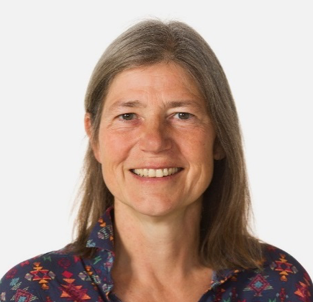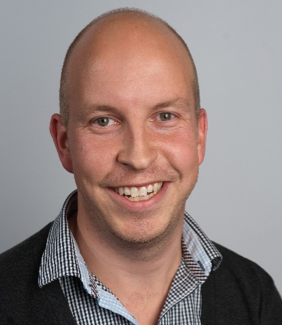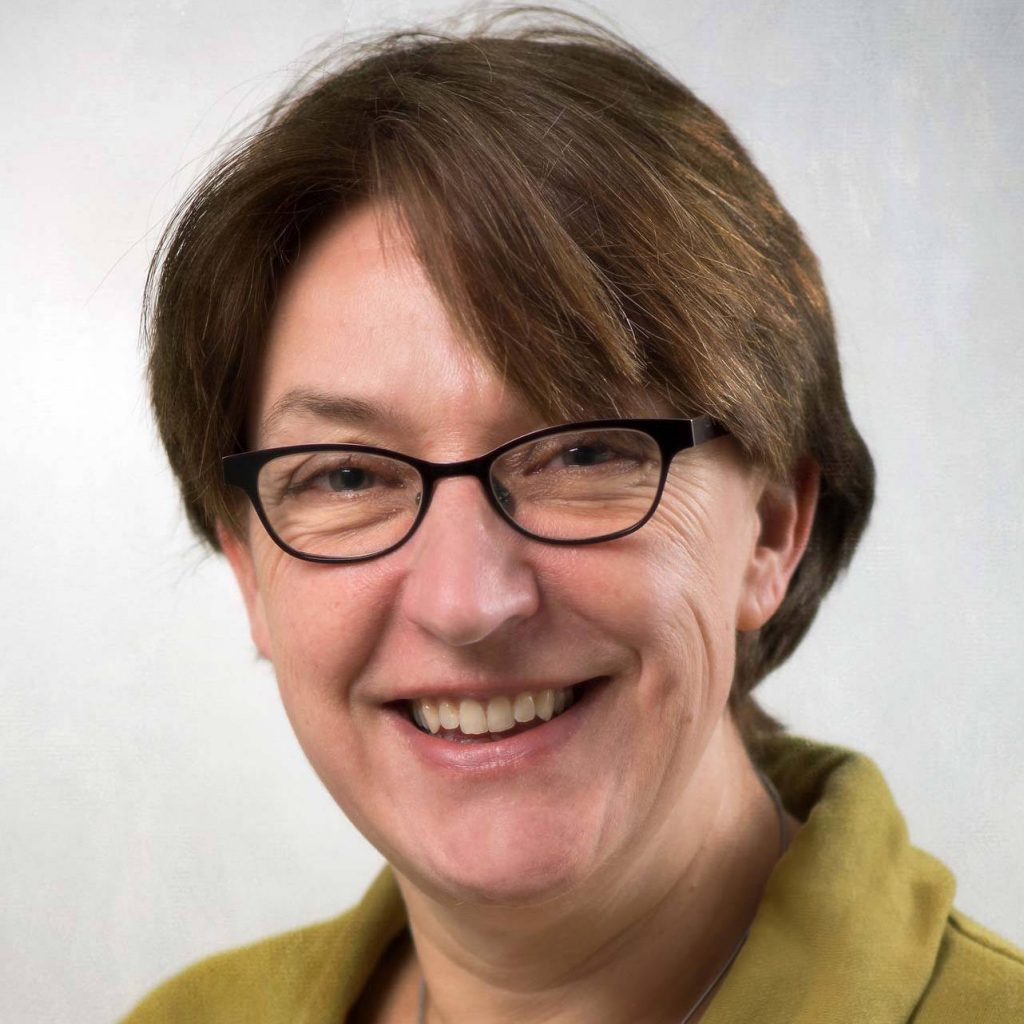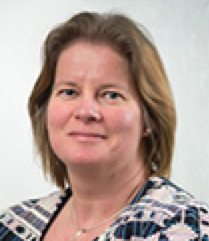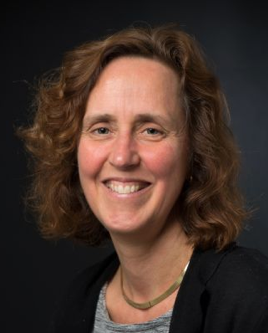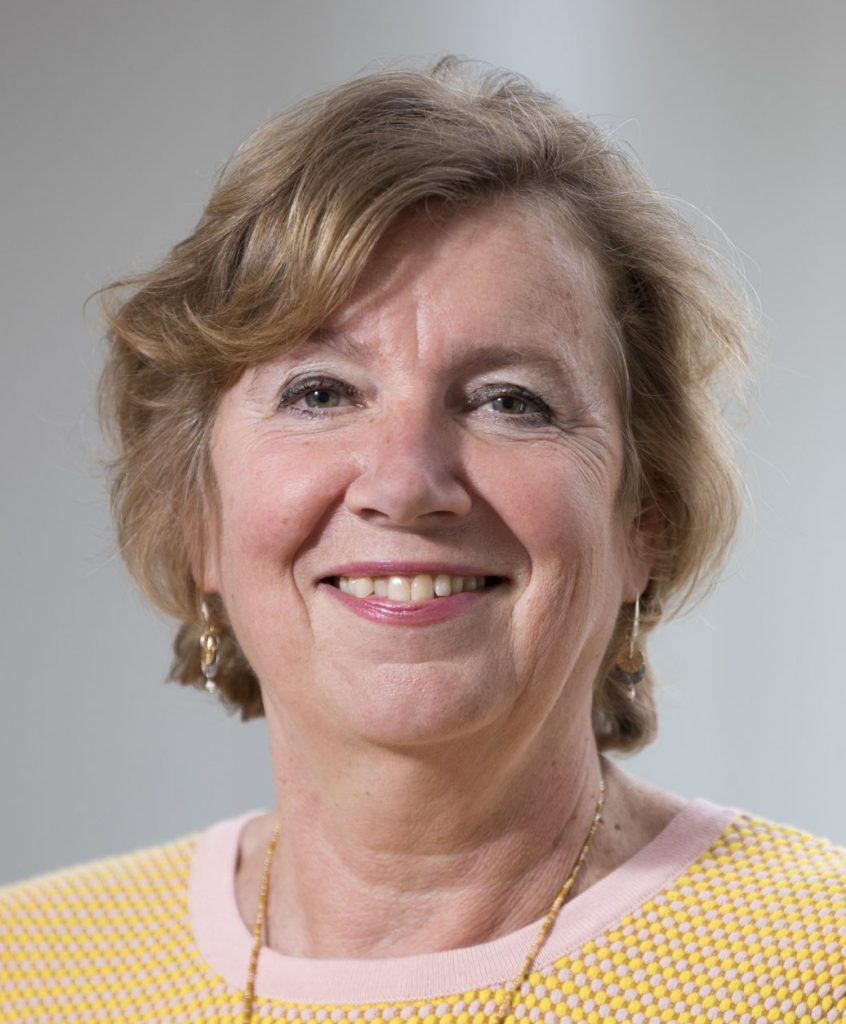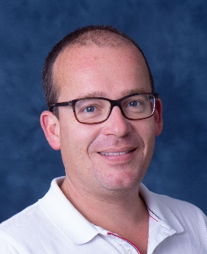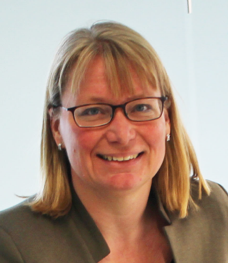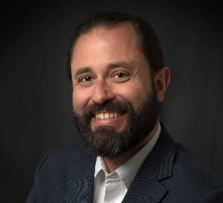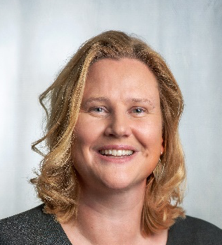
About
Febe van Maldegem is group leader in the Department of Molecular Cell Biology & Immunology. Her work focusses on the complex role of the tumour microenvironment in non-small cell lung cancer (NSCLC), crucial for mediating anti-tumour immunity, but more frequently imposing resistance to therapy. Key to her work is the use of highly multiplex technologies, such as Imaging Mass Cytometry with which the tumour microenvironment can be studied in great detail, revealing the activation states as well as the spatial context of the many cells within the tissue. Febe van Maldegem’s research program, supported by award of the Amsterdam UMC fellowship, aims to improve therapeutic options for patients with non-small cell lung cancer by rationalising the design of combination, mindful of the important role for the tumour microenvironment in determining success.
Research Lines
The NSCLC TME as biomarker and therapeutic target
In order to understand how we can manipulate the TME to benefit therapeutic strategies, we will first need to better understand the dynamics within this complex system. This research line asks the basic questions: How does the TME evolve over time during tumour development, and what are the selective forces that drive this evolution? In several in vivo models for non-small cell lung cancer we study the changes in TME composition, at early time points from tumour onset into advanced tumour stages and under different experimental conditions. Imaging Mass Cytometry will provide detailed phenotypic and spatial characterisation of the cellular relationships in the tissue. The resulting spatial TME profiles will be used to generate biomarkers for response to therapy and to design novel therapeutic targets aimed at disrupting or enhancing cellular interactions.
Video, sequentially highlighting 15 out of the 27 markers this small lung tumour was stained for using Imaging Mass Cytometry (CX3CR1, PECAM, aSMA, EPCAM, B220, CD103, LY6G, CD8, CD4, CD11c, CD68, F480, CD45, CD44, MHC-II)
Rationally combining chemoradiotherapy with immune checkpoint inhibitors (ICI)
Neoadjuvant (chemo)radiotherapy (CRT) is the current standard of care for low grade NSCLC, but the field is moving towards combinations with ICI. Chemotherapy and radiotherapy can benefit immune responses by inducing immunogenic cell death, but can also be toxic to the immune cells. We will assess the impact of this treatment combination by analysing patient samples from current clinical trials, comparing different combinations of these therapies in pre- and post-treatment biopsies. In vitro and pre-clinical studies will be used to optimise the treatment dosing and scheduling, to provide a rational basis for design of the next generation of clinical trials.
Key publications
Imaging mass cytometry in preclinical studies of lung cancer. F. van Maldegem
Book chapter in: “Revealing Uncharted Biology With Single Cell Multiplex Proteomic Technologies|”, Elsevier, edited by W. Fantl. 2024 Jun 25
Spatial Architecture of Myeloid and T Cells Orchestrates Immune Evasion and Clinical Outcome in Lung Cancer.
Enfield KSS, Colliver E, Lee C, Magness A, Moore DA, Sivakumar M, Grigoriadis K, Pich O, Karasaki T, Hobson PS, Levi D, Veeriah S, Puttick C, Nye EL, Green M, Dijkstra KK, Shimato M, Akarca AU, Marafioti T, Salgado R, Hackshaw A; TRACERx consortium; Jamal-Hanjani M, van Maldegem F, McGranahan N, Glass B, Pulaski H, Walk E, Reading JL, Quezada SA, Hiley CT, Downward J, Sahai E, Swanton C, Angelova M. Cancer Discov. 2024 Jun 3;14(6):1018-1047. doi: 10.1158/2159-8290.CD-23-1380.
Mugarza E*, van Maldegem F*, Boumelha J*, Moore C, Rana S, Sopena ML, East P, Ambler R, Anastasiou P, Clavijo PR, Valand K, Cole M, Molina-Arcas M, Downward J. Therapeutic KRASG12C inhibition drives effective interferon-mediated anti-tumour immunity in immunogenic lung cancers. Science Advances, 2022 July 22;8. doi: 10.1126/sciadv.abm8780
Van Maldegem F, Valand K, Cole M, Patel H, Angelova M, Rana S, Colliver E, Enfield K, Bah N, Tsang VSK, Mugarza E, Moore C, Hobson P, Levi D, Molina-Arcas M, Swanton C, Downward J. Characterisation of tumour microenvironment remodelling following oncogene inhibition in preclinical studies with imaging mass cytometry. Nature Communications. 2021 Oct 8;12. doi: 10.1038/s41467-021-26214-x
van Maldegem F, Downward J. Mutant KRAS at the Heart of Tumor Immune Evasion. Immunity. 2020 Jan 14;52(1):14-16. doi: 10.1016/j.immuni.2019.12.013
Group members
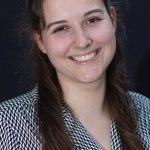
Sofie Koomen, MSc
PhD student
The focus of my research is rationalizing and optimizing the combination of (chemo)radiotherapy and immunotherapy for the treatment of non-small cell lung cancer. For this, it will be crucial to enhance our knowledge about the effect of the therapies on the cells infiltrating the tumor microenvironment and their spatial context - and vice versa. Imaging Mass Cytometry will provide this in depth spatial and phenotypic characterization of the components of the tumor microenvironment.

Xiaofei Yu, MSc
PhD student
My works focuses on the evolution of tumor microenvironment.I investigate the changes in TME composition from early time points to advanced stages and under different experimental conditions with in vivo model. Imaging Mass Cytometry will provide detailed phenotypic and spatial characteristic of the cellular relationships in the tissue.

